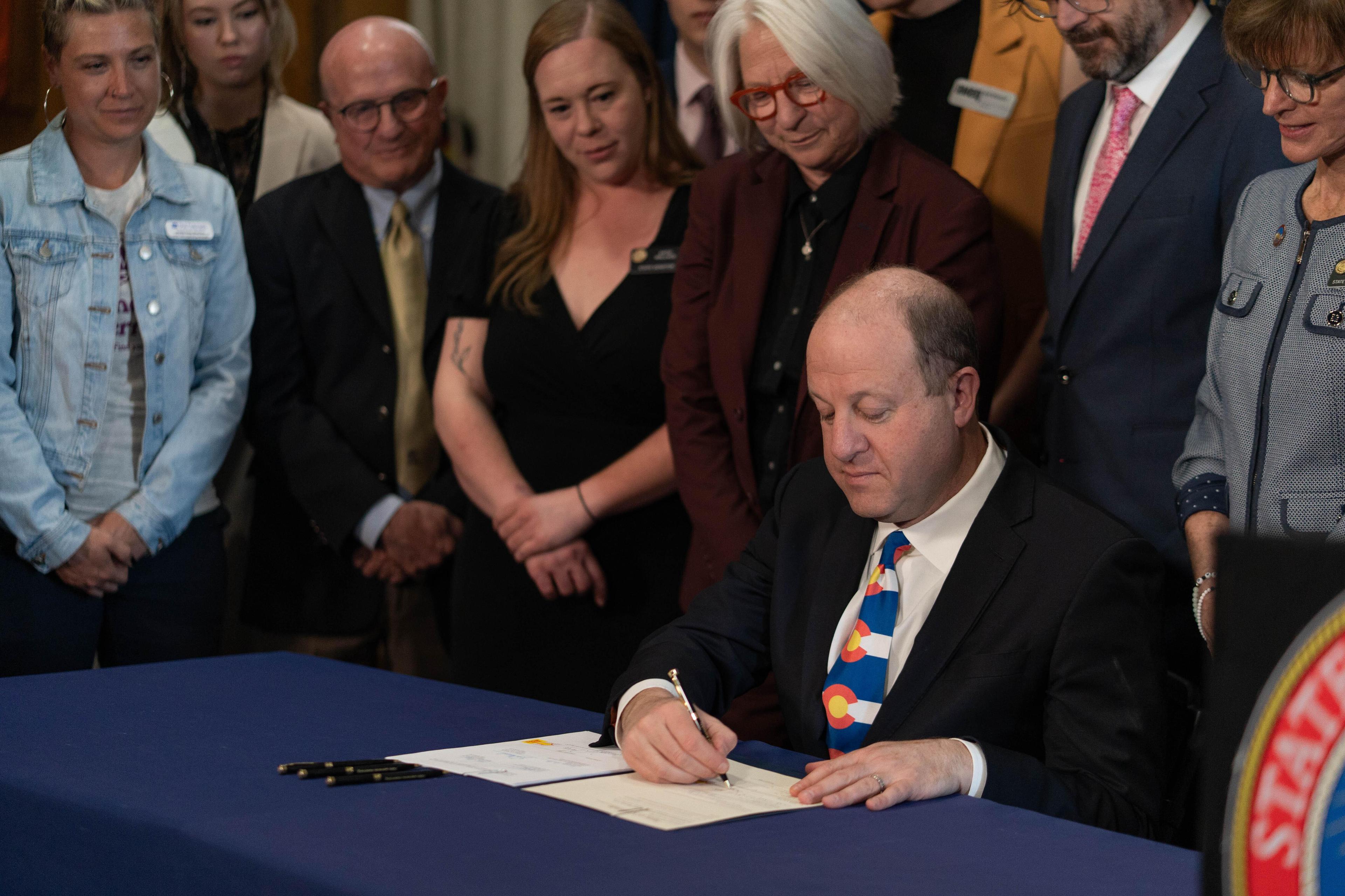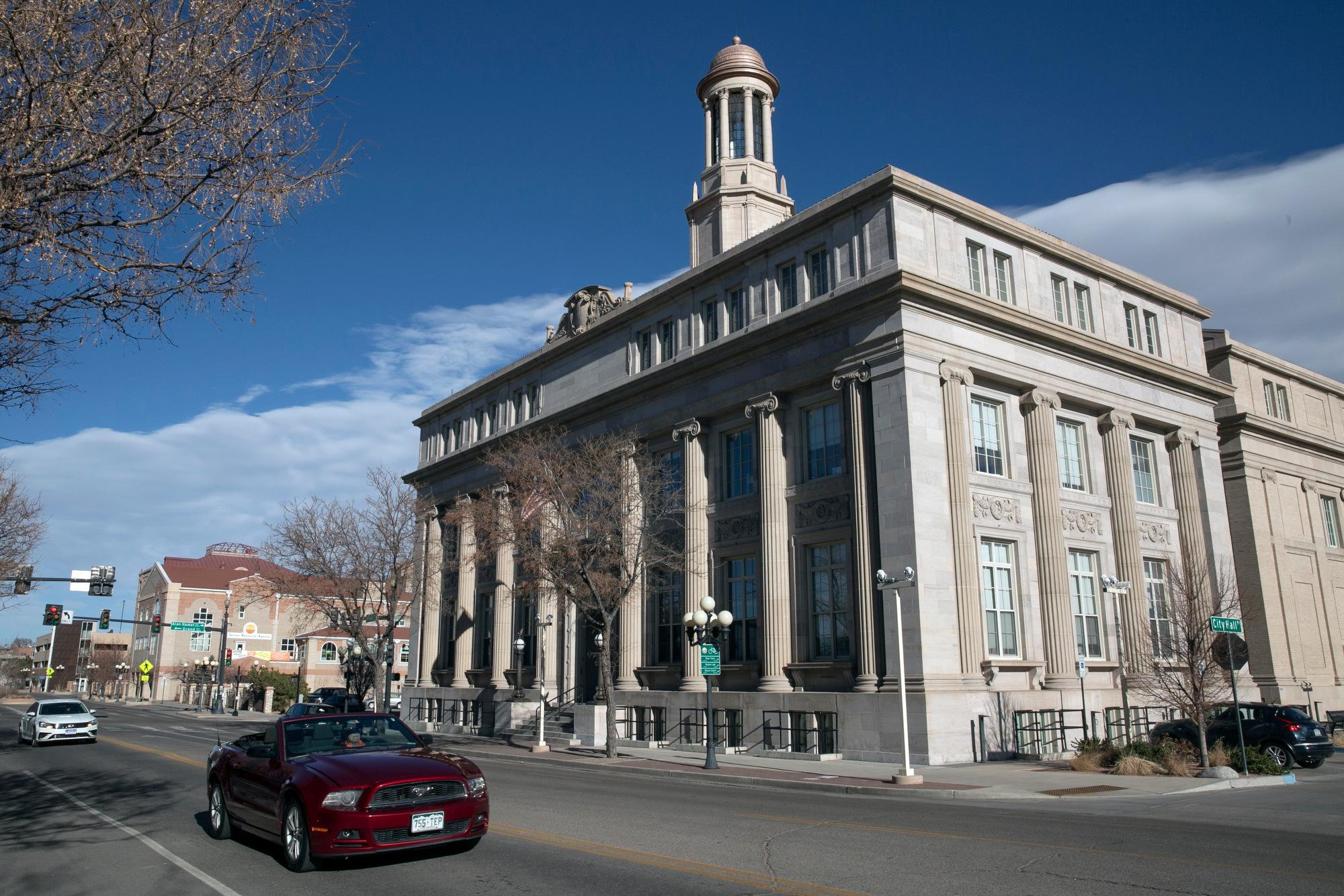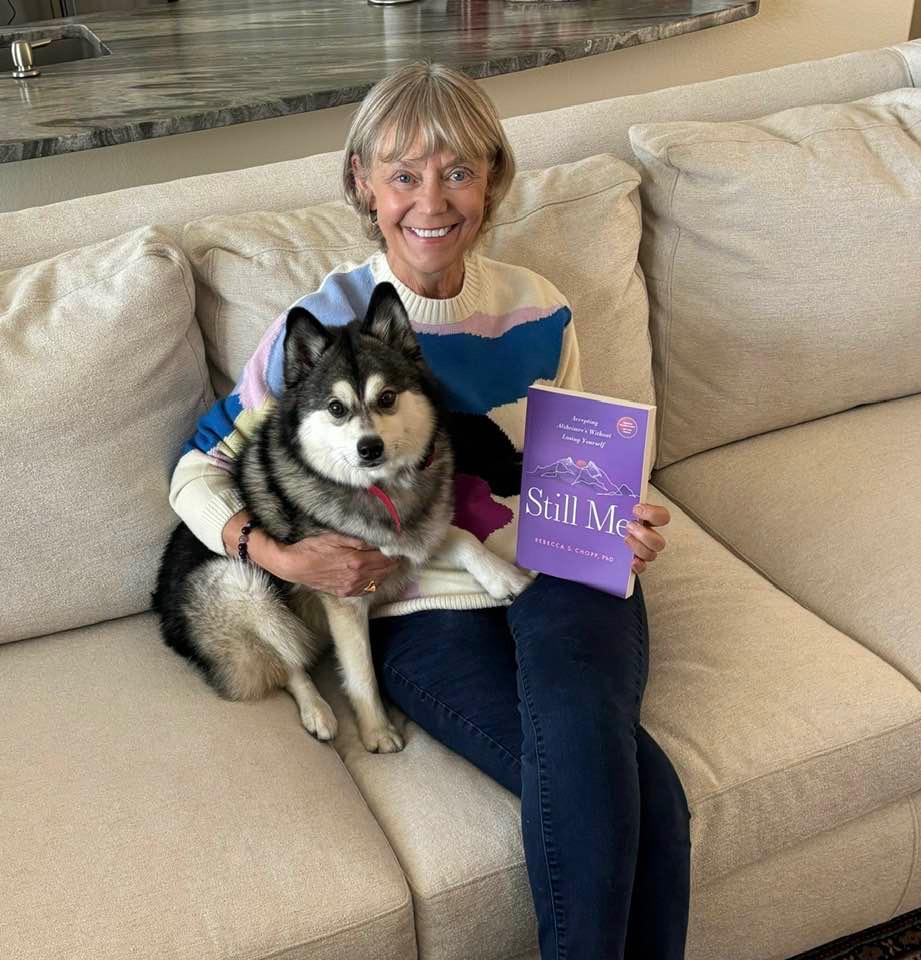
Rebecca Chopp has done a lot. She was chancellor at the University of Denver and before that, at Swarthmore College and Colgate University. In 2019, Chopp stepped down as DU's chancellor after she was diagnosed with Alzheimer's.
But the diagnosis hasn't stopped her.
Since resigning from DU, Chopp has written a new book called "Still Me," serves on the national board of the Alzheimer's Association and co-founded "Voices of Alzheimer's," an advocacy group for people with the condition.
We've been following Chopp in recent years as she navigates Alzheimer's.
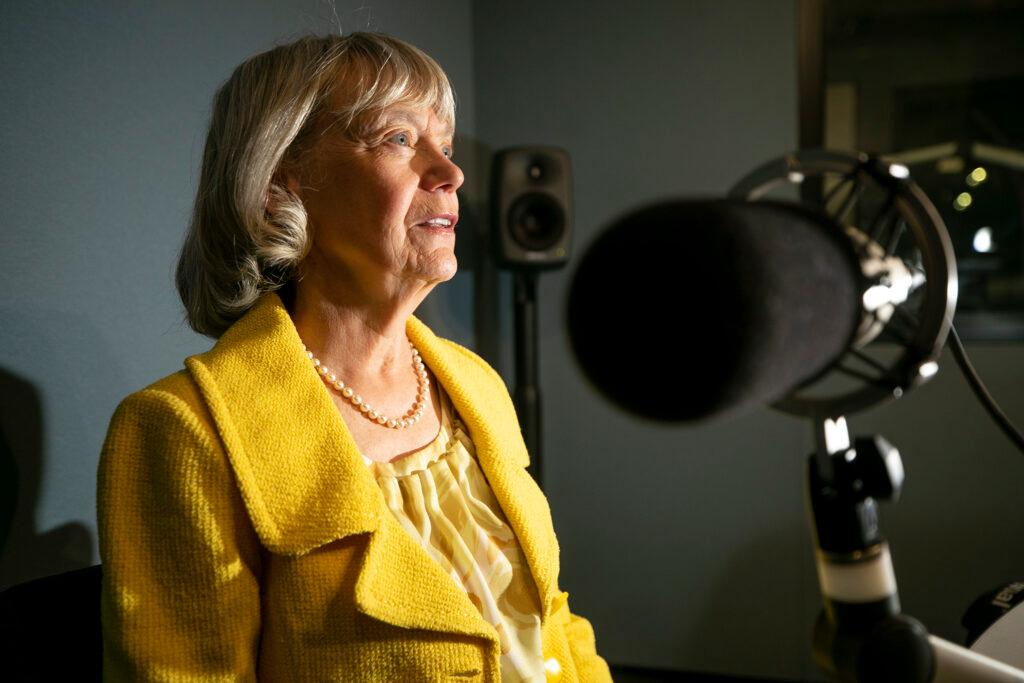
Excerpts from Rebecca Chopp's Interview with Colorado Matters' Andrea Dukakis:
On how she was first diagnosed with Alzheimer's:
"I went in for my annual physical. My doctor asked me how I was doing. I said, "Great," and she said "Anything different?" And I said, "Yeah, I'm sleeping a lot." I had only slept four or five hours a night my whole life. I also got lost on the way to her office, so she put those two things together and asked me if I would take a mini-cognitive exam. Now I have to say that is extraordinary because primary care physicians don't always know that any change in behavior, even a change in sleep patterns, could be due to a neurological disorder."
On changes in her memory and cognition in the last year:
"My short-term memory is definitely worse. Everybody has memory problems as they age, but this is way worse than I see most people have. (My) long-term memory is still very good. Now, my long-term memory was phenomenal. I could quote paragraphs from books I've read. I can't do any of that anymore, but I still can remember more than many of my friends can about the same experiences. My cognition is good. I can read a book and discuss it, but if it's been six weeks, say, since I've read a book and I'm headed to one of my book clubs, I have to review it. My verbal ability is weakening a little bit."
| Whether you're aging yourself or caring for someone who is, what questions do you have? Email us at [email protected] or leave a voicemail at 303-871-9191 X 4480. |
What Chopp has learned about Alzheimer's research and how to delay the onset of symptoms:
"The research ... is pretty definitive that with exercise, diet, sleep, social engagement, intellectual engagement, especially learning new things, you have a very good chance of delaying the onset of your symptoms. Some research is indicating that even if you have been diagnosed, you may have a good chance of slowing down the progress of your symptoms. I like to say build your body to prolong your brain."
On foods to eat that enhance memory and cognition and those that can be harmful:
"The Mediterranean diet, a version called "MIND" is the one they recommend. So this is lots of blueberries, lots of walnuts, salmon, mackerel, anchovies, sardines, herring, those SMASH fishes, (and) lots of legumes, green vegetables. The important thing is to avoid inflammation. Ultra-processed foods contribute to the inflammation in your brain and the inflammation can hasten the progress of the plaques and the tau -- the correlates that we know comprise Alzheimer's. So for me, that has meant giving up things like my beloved ice cream except for once or twice a year because one does have to have joy and fun."
On living in the present after her diagnosis:
"I think it makes it easier to enjoy the present. There's something about that knowledge of what will happen that makes you decide, at least it made me decide that I was going to enjoy the present. I wanted to spend more time with my family. I wanted to give back. I wanted to make sure that things were prepared for my family and my community. I wanted to do the things I didn't have time to do when I was chancellor, so now I paint. I enjoy music. I have a dog. I walk, I hike."
On the growing number of people with Alzheimer's:
"A tsunami is facing us of Americans who will develop Alzheimer's and (those) who will have to care for their loved ones with Alzheimer's. It is a huge cost. It's a cost of opportunity for people who have to quit work. It's an enormous burden for Medicare. Medicare doesn't cover all the costs right now, but assume they will, and it's going to be a trillion dollars or so in the next 20 years. And then the emotional cost. I mean, many of my friends who are care partners can barely leave their homes."
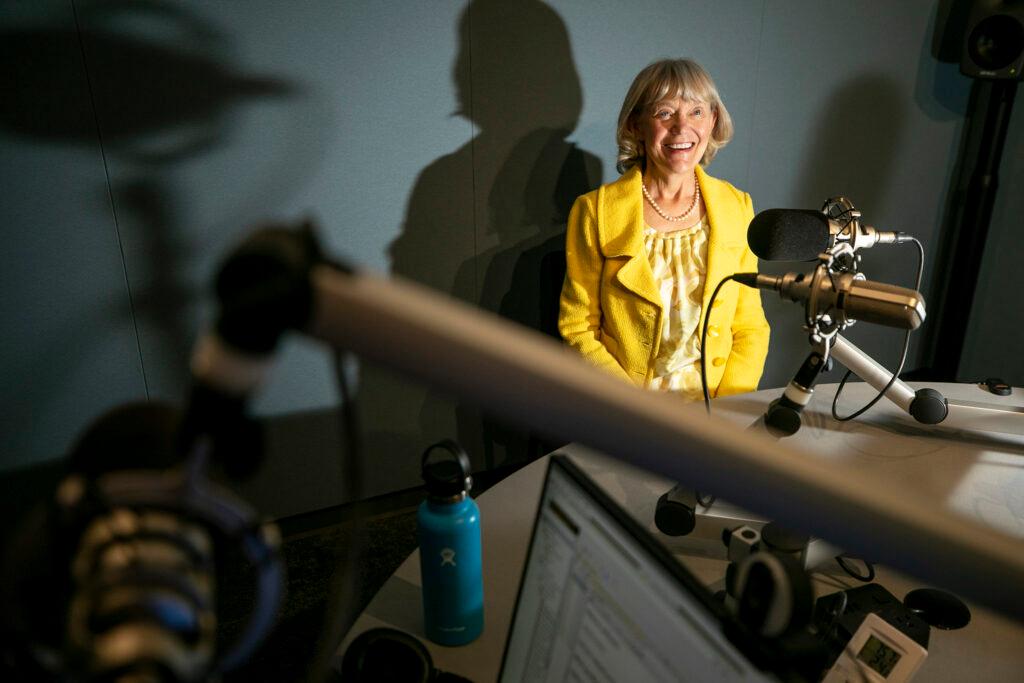
This story is a part of Aging Matters, a series from Colorado Matters about the Centennial State's aging population. Read more stories here.

